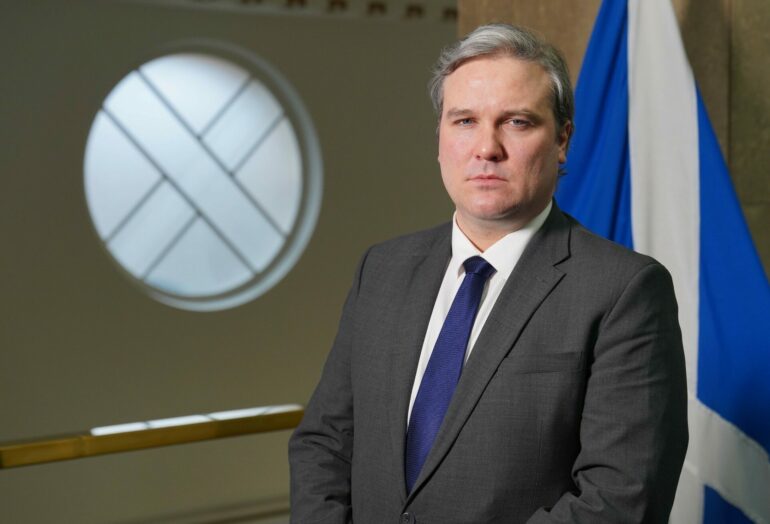In a bid to increase housing availability, new legislation has been proposed by the Scottish Government that could allow local authorities to charge a premium of up to 100% on council tax for second homes.
If approved by the Scottish Parliament, the measure would align the council tax treatment of second homes with that of long-term empty homes, which can already be subject to a 100% premium on the full rate of council tax.
According to data as of September 2022, Scotland has 24,287 registered second homes.
Currently, both second homes and long-term empty homes receive a default 50% discount on council tax.
However, local authorities have the discretion to vary these charges, and many already charge the full rate of council tax on second homes. The new measures, if enacted, are expected to come into force by April 2024.
The proposed legislation has been part of a public consultation this year and aligns with the Programme for Government 2023. It also supports the Scottish Government’s Housing to 2040 strategy and the Bute House Agreement with the Scottish Green Party. Both initiatives aim to empower local councils to make optimal use of housing stock, including the regulation of second homes.
Public finance minister Tom Arthur commented on the legislation: “We want everyone in Scotland to have an affordable home that meets their needs.
“While second homes can bring benefits to local economies, we know they can also affect local housing stock, pushing up prices for those looking to buy or rent.
“This legislation shows how we are giving councils more powers over how housing is used so they can meet local needs and support thriving communities.”
COSLA resources spokesperson Councillor Katie Hagmann also expressed support: “We absolutely welcome the ability for councils to take the decision to increase the premium on second homes up to 100%.
“This means decisions can be made locally by the elected politicians closest to the people in their communities about what best suits local needs and circumstances.
“We look forward to continuing to work with the Scottish Government on this and other elements which were consulted on, and we see this as an opportunity to further improve the council tax system.”




